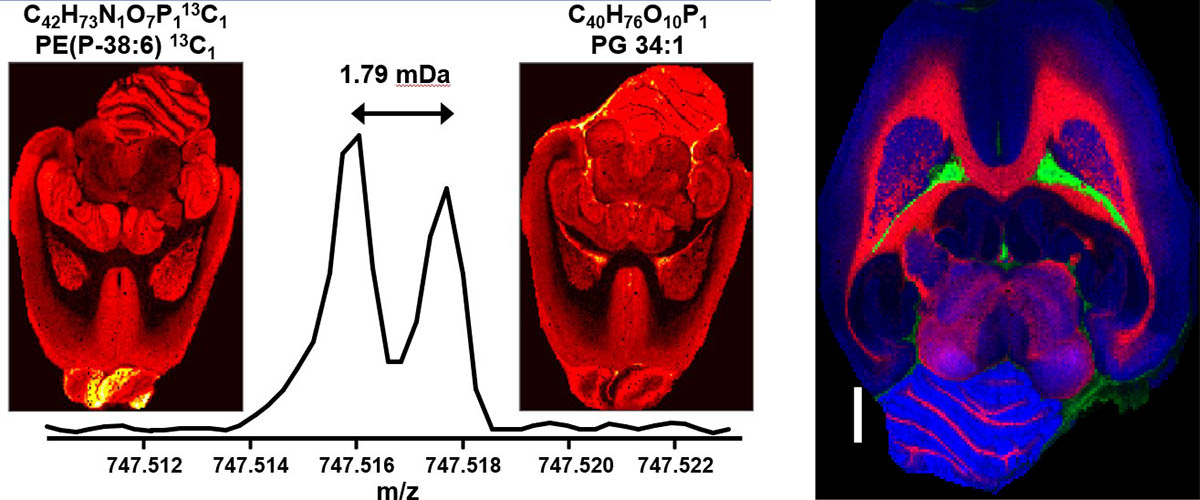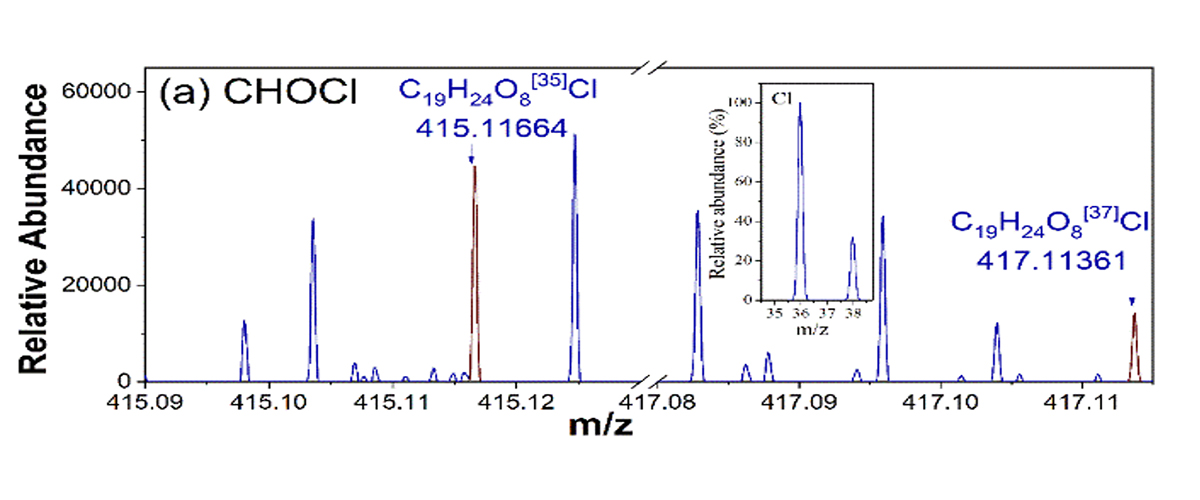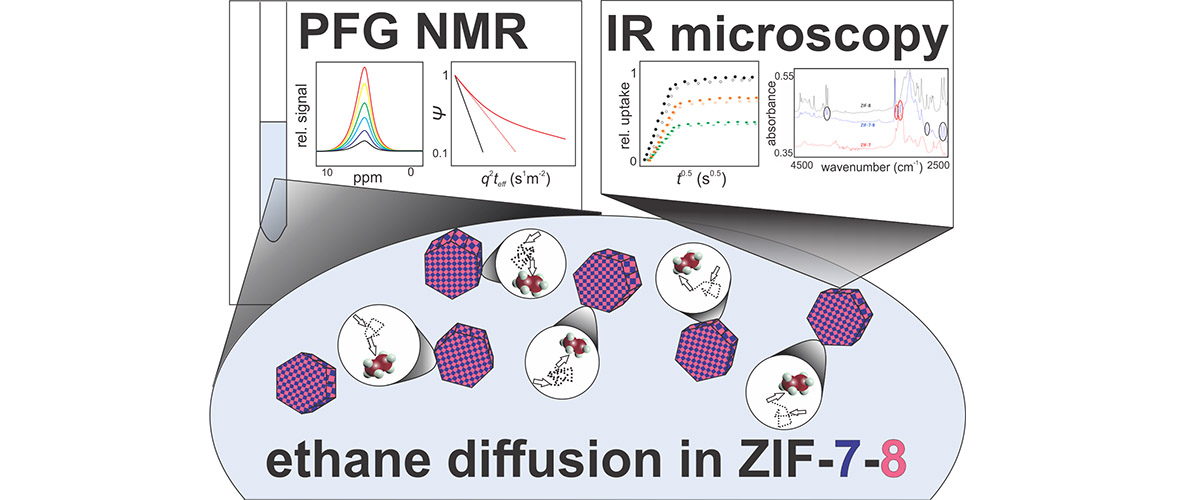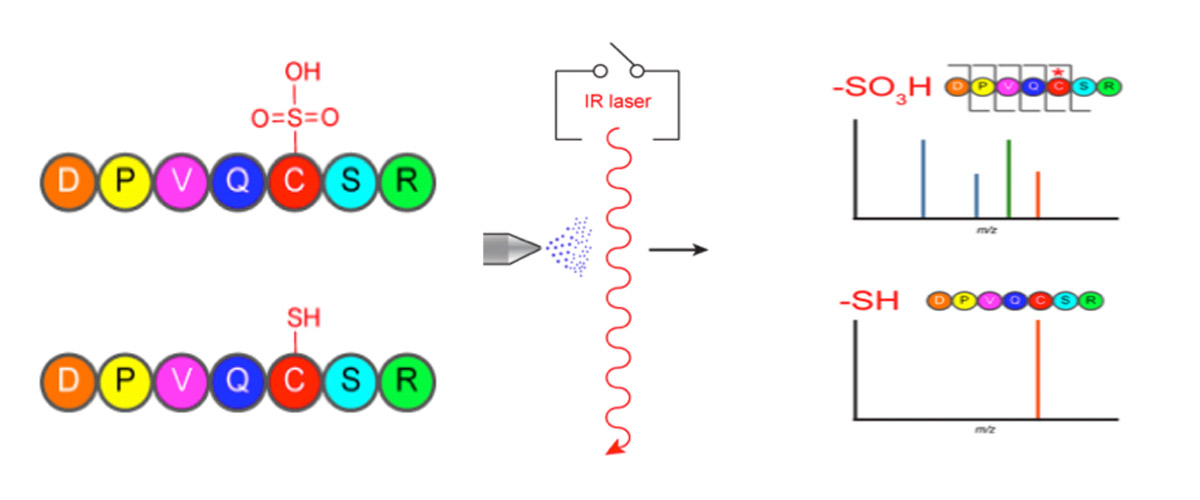What did scientists discover?
The MagLab has partnered with MagLab users from the Netherlands to develop molecular imaging featuring ultrahigh mass resolution and mass accuracy, which is demonstrated here on a rat brain tissue slice.
Why is this important?
Mass spectrometry imaging (MSI) is an emerging technology with applications in human health and disease, including cancer, neurodegeneration, and infection. MSI provides detailed pictures of tissue slices showing the specific locations of particular, selected biomolecules. Identification of the biomolecules is often difficult due to limitations on mass spectral resolving power and mass measurement accuracy.
The MagLab's 21T ICR magnet provides the highest resolving power and most accurate mass molecular imaging achieved to date. Molecules with extremely small mass differences (as small as 1.79mDa, equal to the mass of only three electrons) can be separated in an image for the first time, revealing quite different distributions in the rat brain for these two molecules. More than 1300 lipids were imaged in these experiments. The figure shows the spatial distributions in the brain of three different lipids.
Who did the research?
Andrew P. Bowman1, Greg T. Blakney2, Christopher L. Hendrickson2, Shane R. Ellis1, Ron M. A. Heeren1, Donald F. Smith2
1M4I Institute, Maastricht University, Maastricht 6629ER, NL; 2National MagLab, FSU, Tallahassee, Florida
Why did they need the MagLab?
The MagLab’s 21 tesla (T) Fourier transform ion cyclotron resonance (FT-ICR) mass spectrometer provides uniquely high mass resolving power and mass accuracy needed to build these images.
Details for scientists
- View or download the expert-level Science Highlight, Ultrahigh Performance Molecular Imaging using the 21T ICR Magnet
- Read the full-length publication Ultra-High Mass Resolving Power, Mass Accuracy, and Dynamic Range MALDI Mass Spectrometry Imaging by 21-T FT-ICR MS, in Anal. Chem.
Funding
This research was funded by the following grants: G.S. Boebinger (NSF DMR-1157490, NSF DMR-1644779)
For more information, contact Christopher Hendrickson.






